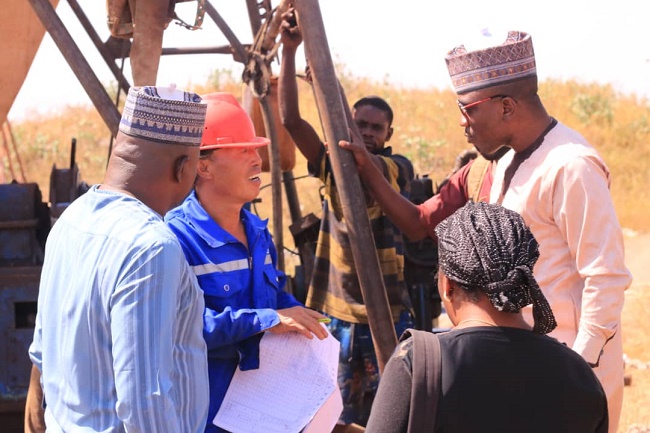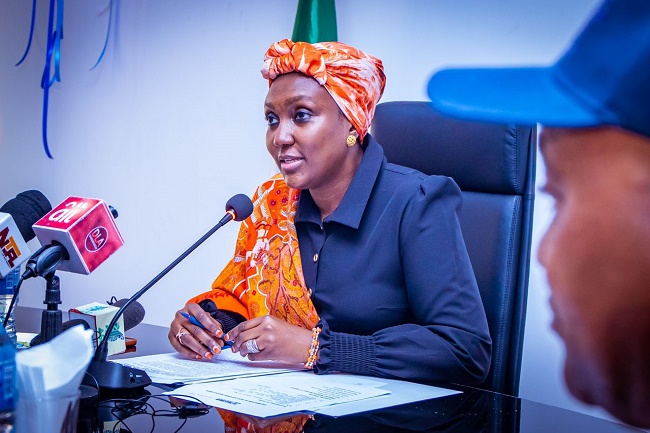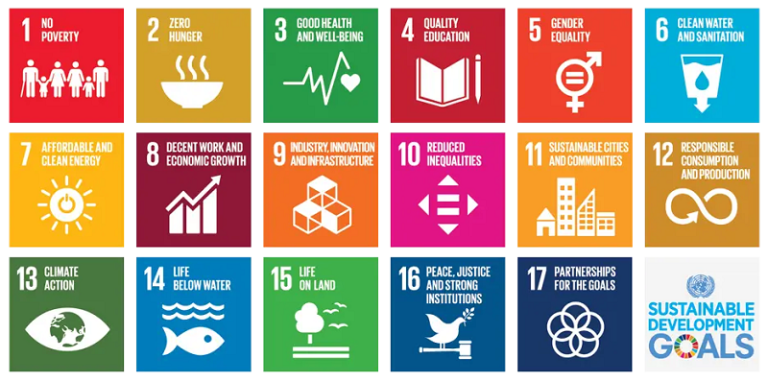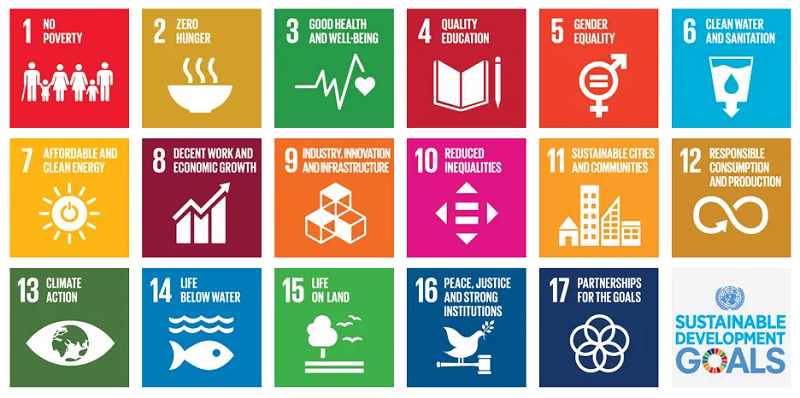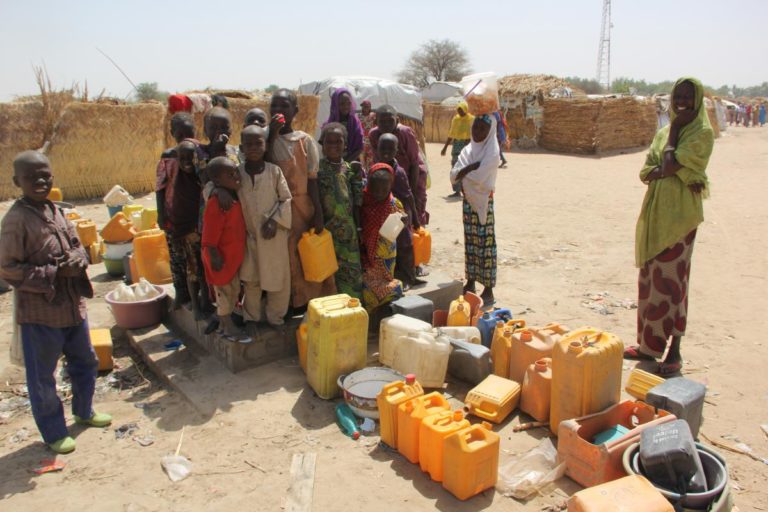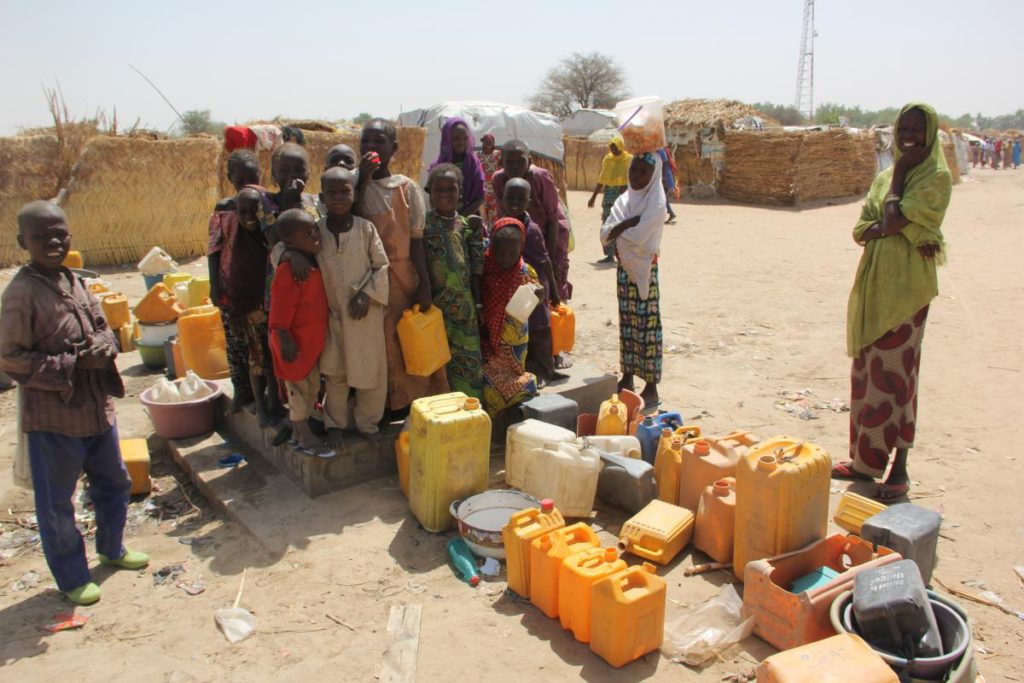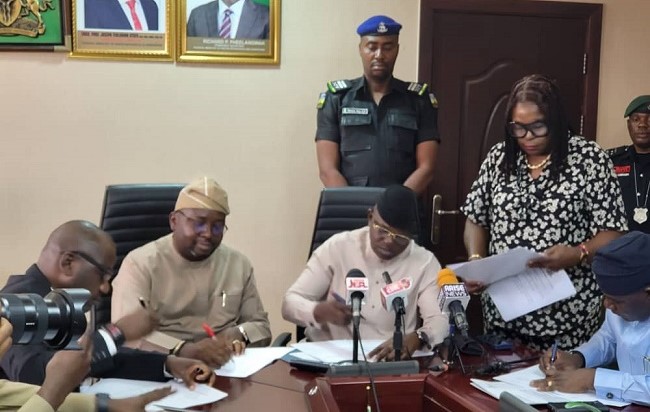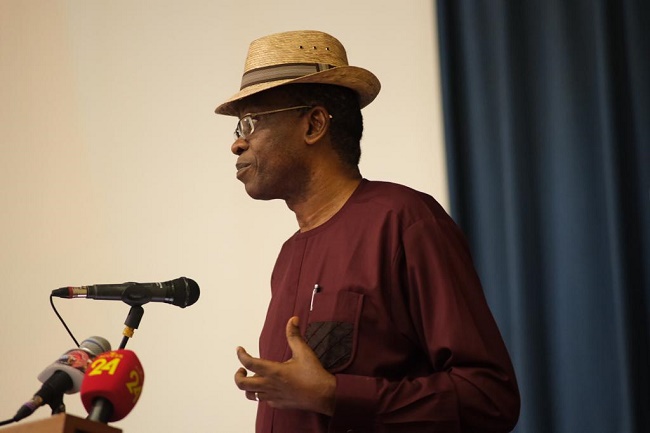Some 177 out of 193 UN Member States have peatlands – critical carbon sinks and biodiversity hotspots, yet agriculture, urbanisation, deforestation, and industrial activities put them – and the essential ecosystems services they provide – at risk everywhere. This is shown in the Global Peatland Hotspot Atlas, published on Thursday, November 21, 2024, by the UN Environment Programme (UNEP). The atlas provides evidence for the need to enhance protection and restoration of peatlands, along with investments in research and monitoring.
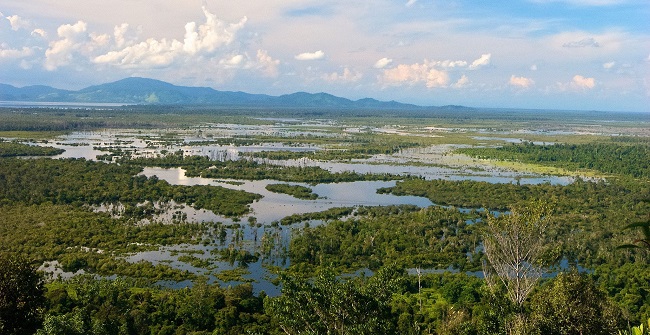
The Global Peatland Hotspot Atlas: The State of the World’s Peatlands in Maps released during the UN Climate Change Conference in Baku (COP29), introduces updated hotspot maps of global peatland distribution, highlighting the threats they face and the opportunities for peatland restoration and conservation.
“Peatlands, nature’s carbon vaults, can make or break global climate goals,” said Susan Gardner, Director of the UNEP Ecosystems Division. “Found in almost every country, peatlands do not just store vast amounts of carbon, they provide essential services that millions of people rely on daily. Their protection is a fundamental investment in human wellbeing.”
Peatlands are unique and rare ecosystems that, despite only covering around 3-4% of the planet’s land surface, contain up to one-third of the world’s soil carbon, which is twice the amount of carbon found in the world’s forests. Locally, peatlands help regulate and purify water, support local livelihoods, and reduce the risks of fires, drought, and floods. The report finds that peatlands provide habitats for over 1,000 vulnerable‚ endangered and critically endangered plant and animal species.
Beyond benefits to surrounding communities, protecting peatlands is critical for mitigating climate change. Degraded, they emit today 4 per cent of global greenhouse gas emissions originating in human activities.
The report warns peatland degradation and subsidence due to drainage in the tropics for agriculture, livestock farming, and oil palm plantations. Thawing permafrost due to climate change is another key factor in their rapid degradation.
Overall, 500,000 hectares (~ 0.1%) of intact peatlands are destroyed annually by human activities in hotspots like East and Southeast Asia, while peatlands remain mostly intact in regions remote from international markets, within some (sub)arctic, boreal, and tropical zones.
The report builds on the 2022 Global Peatlands Assessment and continues to press decision-makers to prioritise peatland protection as a cost-effective climate solution, delivering multiple benefits to people, nature, and climate.
UNEP’s Global Peatlands Initiative (GPI) is at the forefront of advancing strategies for peatlands conservation, restoration, and sustainable management worldwide. Using the Global Peatland Hotspot Atlas, it promotes climate action in priority areas through holistic water management and a landscape approach.

